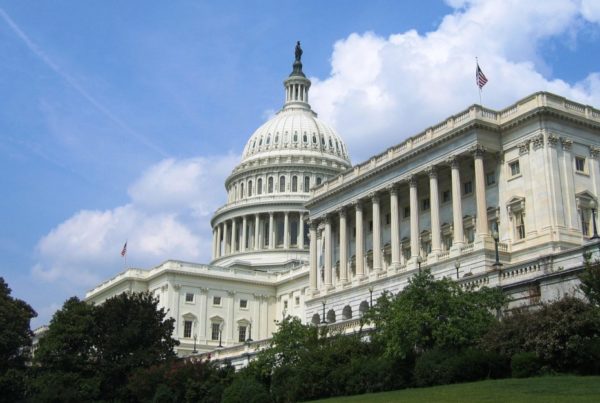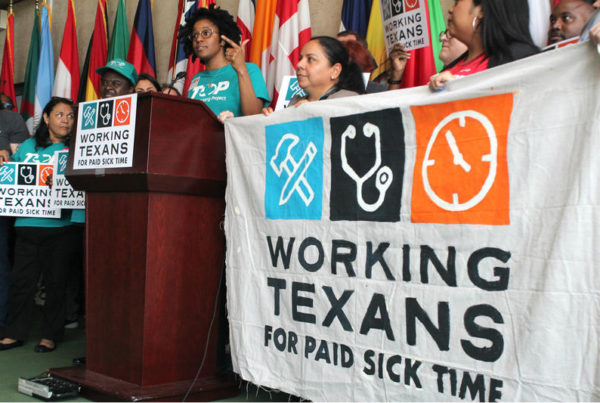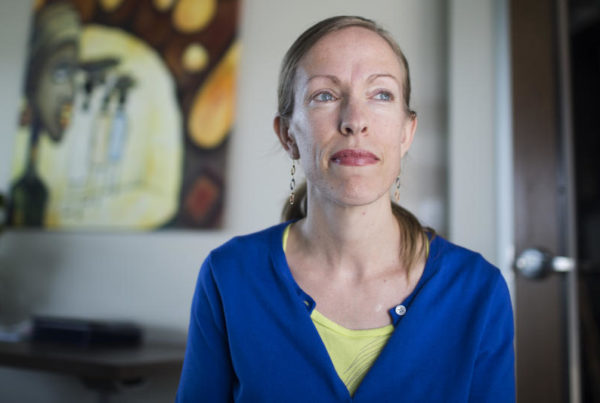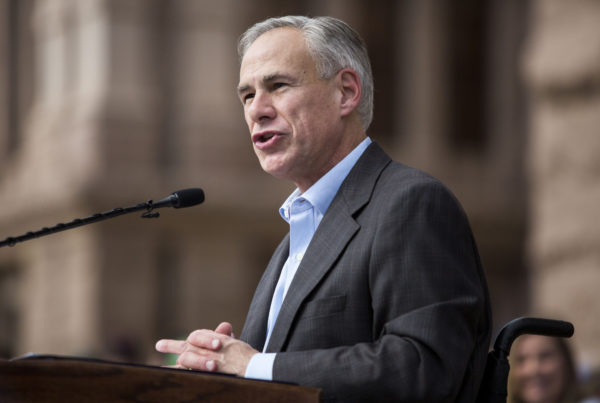For the most part, Texas lawmakers pride themselves on being business-friendly, with a light touch on regulations. But the alcoholic beverage industry may be an exception. The primary laws governing the production, distribution and sale of alcoholic beverages in this state were written in the 1930s, just after Prohibition’s repeal.
Of course, there have been updated since the 1930s. But not everyone thinks they make a whole lot of sense. In fact, Matthew Kelly wondered in a recent commentary piece for the Dallas Morning News whether lawmakers were “drunk” when they wrote Texas alcohol laws.
Kelly is a research fellow at the Colloquium for the Advancement of Free-Enterprise Education at the University of Texas at Dallas. Kelly’s views do not express the views of UT-Dallas.
After Prohibition ended, Texas adopted a three-tier system in which producers, distributors and sellers of alcoholic beverages cannot have financial stakes in each other’s businesses. In other words, “Brewers cannot hold a retail permit. Brewers cannot own distributors,” says Kelly. Further complications come from franchise laws dating back to the 1970s. These laws “make it very difficult for brewers, beer brewers in particular, to contract and exit contracts with distributors.”
The laws and regulations currently on the books make it difficult for craft brewers and small distillers to sell their products. Texas laws even set terms for alcoholic beverage distributors to extend credit to retailers. Ultimately,“the burden of this regulation does fall on consumers, in terms of higher prices, and fewer choices,” says Kelly.
written by Christopher De Los Santos.















